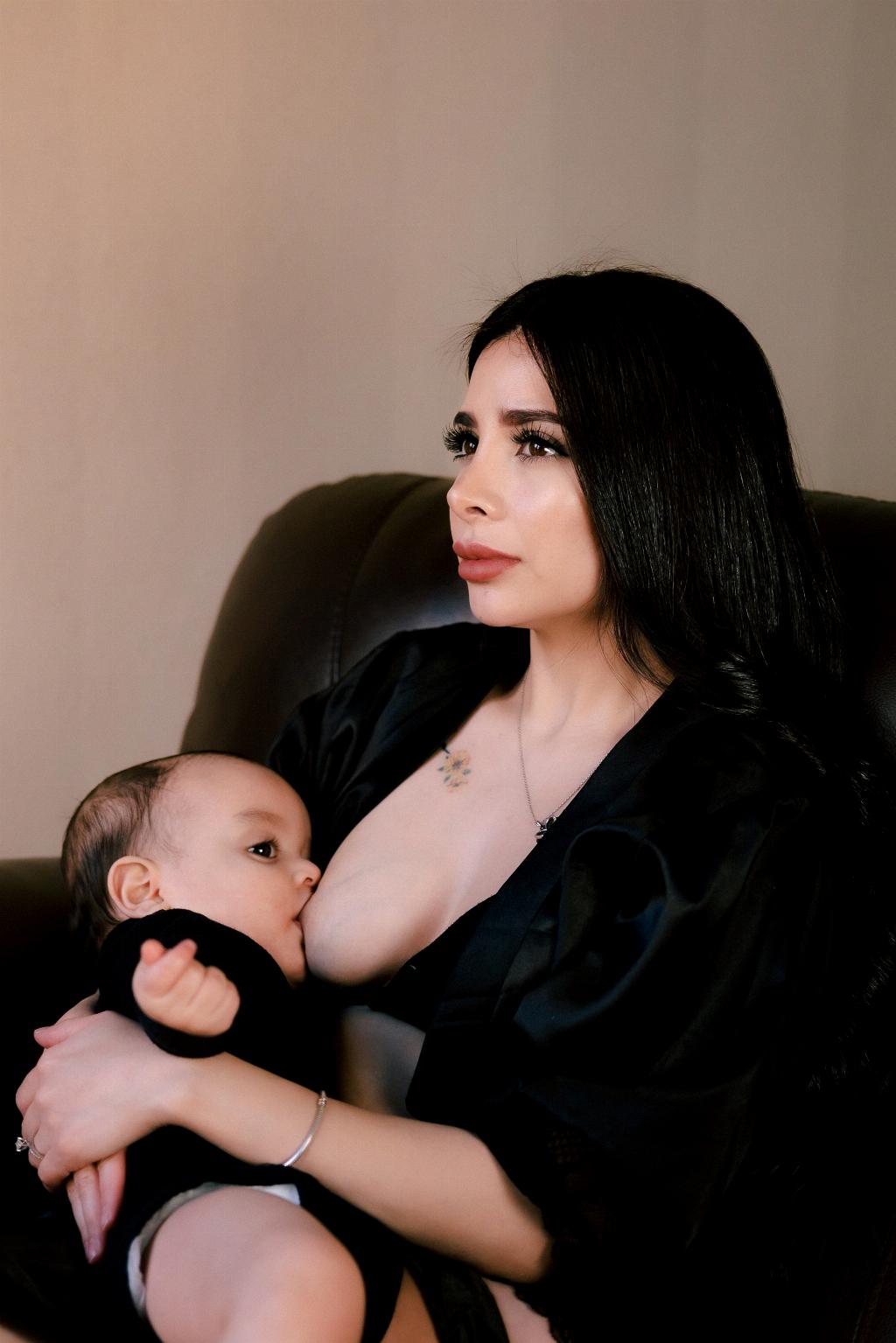Smoking, whether it be traditional cigarettes or e-cigarettes, can have a significant impact on breastfeeding mothers and their breast milk. Not only does smoking introduce harmful chemicals into the body, but it can also affect the quality and quantity of breast milk produced.
Decreased Milk Supply
One of the most notable effects of smoking on breast milk is the decrease in maternal milk supply. Nicotine, a primary component in cigarettes, has been found to lower serum prolactin levels, which can ultimately lead to a reduction in the amount of milk produced by the mother.
Impact on Breast Milk Composition
Smoking can also alter the composition of breast milk, potentially exposing the baby to harmful substances. Studies have shown that nicotine and other chemicals from cigarettes can be transferred to breast milk, putting the infant at risk of ingesting these harmful compounds.
Effects on Infant Health
Infants who consume breast milk from mothers who smoke may experience adverse effects on their health. Nicotine exposure through breast milk has been linked to issues such as irritability, poor sleep patterns, and decreased milk intake in babies.
The Role of E-Cigarettes
E-cigarettes, also known as vaping devices, offer a seemingly “safer” alternative to traditional smoking. However, these devices still contain nicotine and other additives that can impact breast milk in a similar manner as regular cigarettes.
Secondhand Smoke Exposure
Even if a breastfeeding mother does not smoke herself, exposure to secondhand smoke can still affect the quality of her breast milk. Secondhand smoke contains toxic chemicals that can be absorbed into the body and transferred to the infant through breastfeeding.
Quitting Smoking for Breastfeeding Mothers
For mothers who smoke and breastfeed, quitting smoking is highly recommended to protect the health and well-being of both the mother and the infant. Seeking support and resources to quit smoking can help improve the quality of breast milk and ensure the baby’s optimal growth and development.
Consulting Healthcare Providers
It is crucial for breastfeeding mothers who smoke to consult with their healthcare providers for guidance on how to address the impact of smoking on their breast milk. Healthcare professionals can provide personalized advice and support to help mothers make informed decisions about their smoking habits.
Support for Smoking Cessation
There are various resources available to support smoking cessation among breastfeeding mothers. From counseling services to nicotine replacement therapy, mothers can explore different options to help them quit smoking and create a healthier environment for themselves and their babies.
Creating a Smoke-Free Environment
Creating a smoke-free environment is essential for breastfeeding mothers who smoke. By eliminating exposure to cigarette smoke both for themselves and their infants, mothers can reduce the risk of harmful effects on breast milk and promote a healthier breastfeeding relationship.
Prioritizing the Health of Mother and Baby
Ultimately, the health and well-being of both the mother and the baby should be the top priority for breastfeeding mothers. Taking steps to quit smoking and create a smoke-free environment can have a positive impact on the quality of breast milk, ensuring that the baby receives the best possible nutrition and support for healthy growth and development.
Conclusion
In conclusion, smoking can have detrimental effects on breast milk production and composition, as well as the health of the infant. It is essential for breastfeeding mothers who smoke to prioritize their health and well-being by seeking support to quit smoking and create a healthy, smoke-free environment for themselves and their babies.

